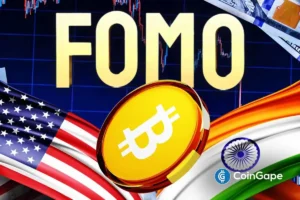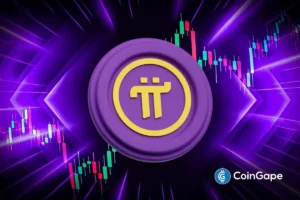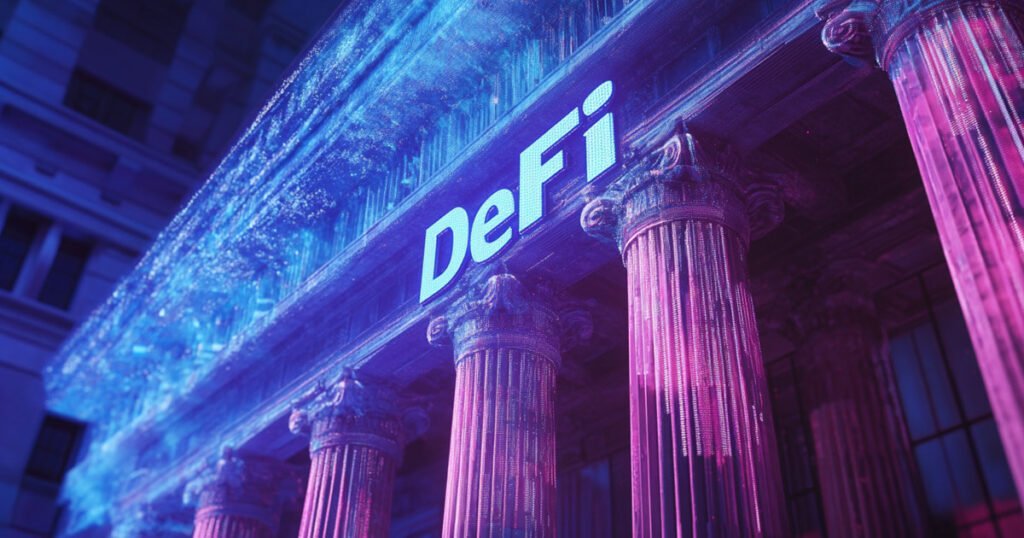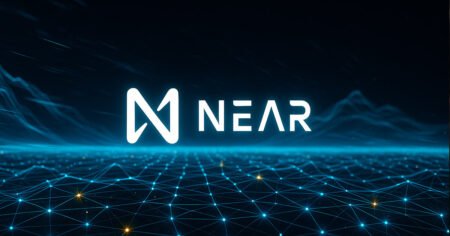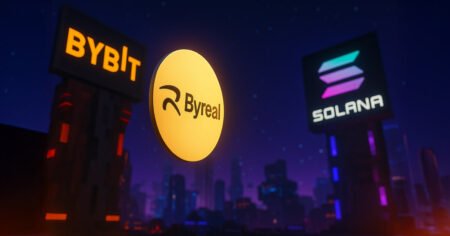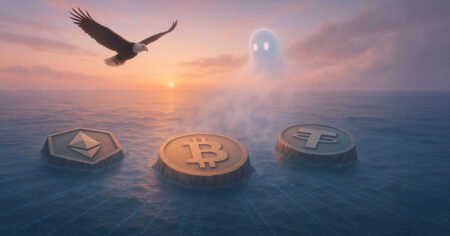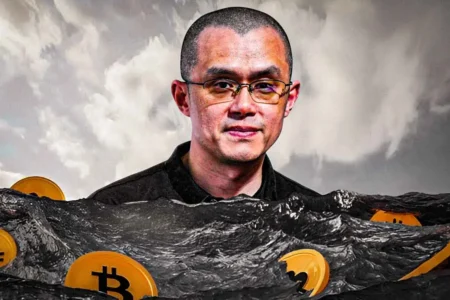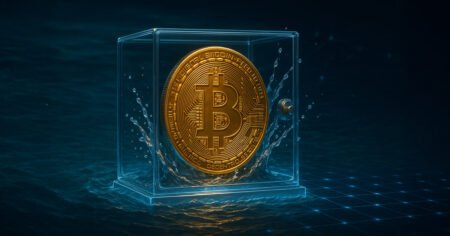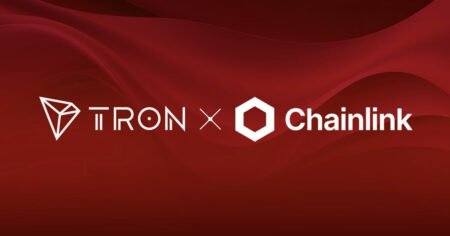Decentralized Financial Inclusion: Empowering Underserved Communities
Decentralized Finance (DeFi) has long been associated with peer-to-peer financial systems that aim to replace traditional intermediaries like banks. However, a new and more significant concept is emerging in the blockchain space—Decentralized Financial Inclusion. This shift focuses on creating financial systems that ensure equal access and opportunities for everyone, particularly underserved communities. Betsabe Botaitis, Chief Financial Officer and Treasurer at Hedera, shares her personal experiences growing up in Mexico and witnessing firsthand how economic struggles can limit access to financial opportunities.
Financial literacy is identified as the foundational pillar for inclusion. Over 1.4 billion adults worldwide remain unbanked due to limited access to financial services and knowledge. Enhancing financial literacy empowers individuals to make informed decisions about savings, credit, and investments. Research indicates a positive correlation between cryptocurrency literacy and broader financial literacy, suggesting that improving crypto literacy could enhance financial decision-making for underserved populations.
Asset building plays a vital role in securing the future for unbanked individuals who often lack access to traditional investment opportunities. Blockchain technology, through tokenization, enables fractional investments in valuable assets, making ownership more accessible. Platforms like RedSwan CRE offer fractional ownership of commercial properties, allowing individuals to invest in high-value assets at a fraction of the cost. By lowering barriers to entry, blockchain facilitates greater access to diversified portfolios, offering financial security and stability.
Capacity building is essential for equipping institutions to better serve underserved communities. Blockchain-based smart contracts streamline resource allocation, improving efficiency and transparency. Organizations like the World Food Programme have successfully utilized blockchain to distribute aid directly, minimizing fraud and intermediaries. Local organizations can leverage blockchain tools to deploy resources effectively, ensuring impactful support reaches those in need.
Job creation is a key aspect of financial inclusion, fostering economic opportunities and community growth. By supporting small businesses and entrepreneurship, financial inclusion strategies can drive job creation. Blockchain technology offers secure and transparent systems for transactions, smart contracts, and resource allocation, ensuring fair and accessible funding for all. The Web3 space has also expanded global job prospects for individuals from underserved regions, allowing them to contribute to innovative projects regardless of their location.
Neighborhood revitalization is crucial for uplifting underserved communities through improved access to financial services, essential resources, and opportunities for growth. Tokenization and solutions like DeFi can provide communities with access to microloans, savings accounts, and payment services. Tokenized microloans, for instance, can unlock increased liquidity, providing faster and more accessible credit for projects like small businesses, housing improvements, and local initiatives. These solutions pave the way for creating thriving neighborhoods where opportunity isn’t limited by geography or background.
Decentralized Financial Inclusion calls for a shift towards transparent, equitable, and accessible financial systems. Policymakers, developers, and industry leaders play a crucial role in championing decentralized technologies that advance financial inclusion. Whether through tokenized assets, microloans, or decentralized education platforms, tools are available to build a more inclusive financial ecosystem. Prioritizing empowerment over profit and access over exclusivity is essential in unlocking financial opportunities and empowering individuals to shape their futures. Ultimately, Decentralized Financial Inclusion is a call to action for a more equitable world where everyone has a chance to thrive financially.
